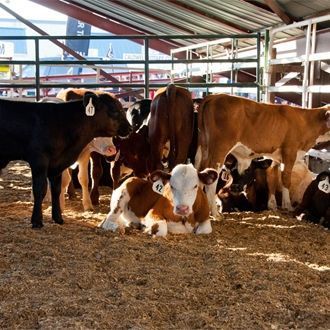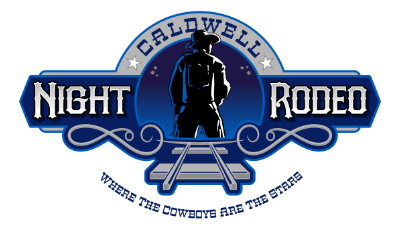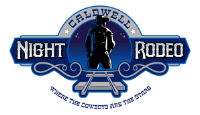PRCA LIVESTOCK WELFARE RULES
The PRCA has more than 60 rules to ensure the proper care and treatment of rodeo animals included in its official rules and regulations. While the rules and regulations are too numerous to list here, several of the safeguards for the proper treatment of animals in the rules and regulations are listed below. For a complete list of the rules and regulations dealing with the proper care and treatment of animals, please send your request to PRCA Animal Welfare Coordinator, PRCA, 101 Pro Rodeo Drive, Colorado Springs, CO 80919.
- A veterinarian must be on-site at all PRCA-sanctioned rodeos.
- All animals are inspected and evaluated for illness, weight, eyesight and injury prior to the rodeo, and no animals that are sore, lame, sick or injured are allowed to participate in the event.
- Acceptable spurs must be dull.
- Standard electric prods may be used only when necessary and may only touch the animal on the hip or shoulder area.
- Stimulants and hypnotics may not be given to any animal to improve performance.
- Any PRCA member caught using unnecessary roughness or abusing an animal may be immediately disqualified from the rodeo and fined. This holds true whether it is in the competitive arena or elsewhere on the rodeo grounds.
- Weight limitations are set for both calves (between 220 and 280 pounds) and steers (450-650 pounds).
- The flank straps for horses are fleece- or neoprene-lined and those for bulls are made of soft cotton rope and may be lined with fleece or neoprene.
- Steers used in team and steer roping have a protective covering placed around their horns.
- The use of prods and similar devices is prohibited in the riding events unless an animal is stalled in the chute.
- A no-jerk-down rule provides for fines if a contestant jerks a calf over backwards in tie-down roping.
- All rodeos must have a conveyance available to humanely transport any injured animal.
- Chutes must be constructed with the safety of the animals in mind.


